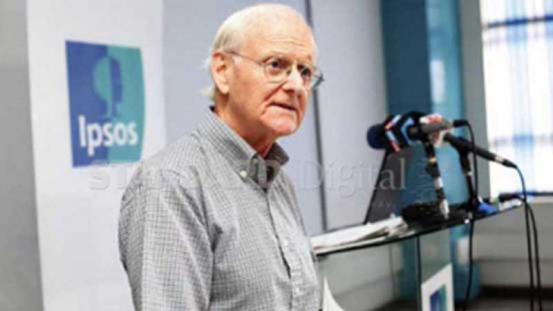×
The Standard e-Paper
Kenya’s Boldest Voice

Fewer than one in ten Kenyans say their economic situation has improved in the past three months, a survey has revealed.
The survey by pollster IPSOS paints a grim economic situation among the supporters of both Jubilee and National Super Alliance (NASA) with 72 per cent saying their condition has worsened during the electioneering period.